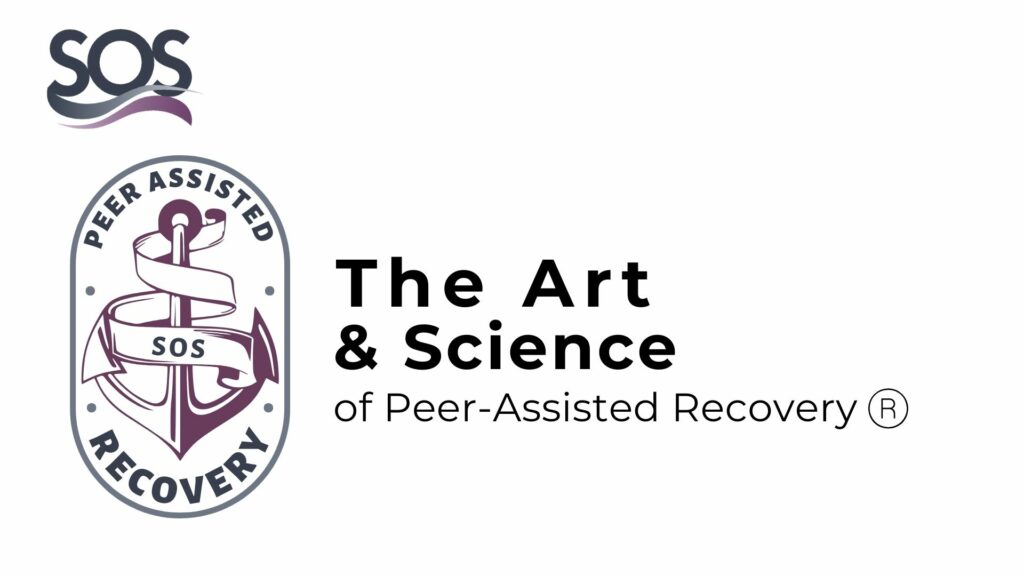
Duration: 30 Hours/5 Days
Summary: Evidence-informed, interactive training designed for participants to experience a process of personal transformation to fully understand the scope of peer-assisted recovery supports.
Description: Authored by several New-Hampshire-based and national thought leaders in the field of peer-based recovery supports, the concepts and competencies addressed include:
Recovery-Oriented Systems of Care; multiple pathways of recovery; harm reduction; peer recovery support; boundary management; motivational interviewing; social justice issues; self care; role-specific research and data collection and reporting; stigma, discrimination, and language. This course will also take an extensive look at ethical considerations and scenarios that are common in peer-assisted recovery to prepare individuals for engagement with peers, and includes four hours of ethics training.
Learning objectives
Participants will be able to:
- Describe the peer recovery specialist role and sub-roles
- Examine empowerment as a process and a tool to guide their activities with recovering populations
- Examine how paradigms about recovery can support or limit the process of coaching recovery
- Identify effective means of managing personal biases about recovery
- List the components of both the art and the science of supporting recovery
- Practice core Motivational Interviewing skills
- Compare the peer recovery specialist role with other recovery-supportive roles and professions
- Define and locate opportunities to improve a Recovery-Oriented System of Care
- Discuss social justice issues surrounding the role and services of recovery coaches
- Discuss the importance and roles of data in the peer recovery specialist role
- Discuss trauma-informed care in relation to the peer recovery specialist role
- Practice newly acquired knowledge and skills
- Identify opportunities to improve present skills relative to coaching recovery
This curriculum is designed as a process of personal transformation to understand peer assisted recovery supports. It will test personal and recovery community norms we have come to understand in the last 20 years of peer-assisted recovery supports and services.
Identifying that the term “coaching” typically involves a power differential, we’ve removed that from the title and hope to change the language of the traditional “recovery coaching” approach to one of even more empowerment titled simply, “peer-assisted recovery.”
This is the most modern and current curriculum around peer-assisted supports and recovery that will transform how we approach our peers, and more importantly, how we truly meet them where they are at and empower them in finding and maintaining recovery. We will demonstrate that these aren’t simply taglines, they are how we provide peer-support.
This started as a vision to locally reduce barriers and costs and modernize existing “recovery coaching” training and became a national effort of SOS Recovery Community Organization and recovery advocates and leaders in NH and across the United States.
The development started with a grant from Kennebunk Savings Bank and a group of NH recovery community leaders in NH.
It gained steam with major contributions from Jim Wuelfing and Art Woodard who were both pivotal in developing a nationally recognized “recovery coaching” training over 20 years ago. Major contributions included Robert Ashford, MSW, research scientist and national recovery advocate who also helped teach the first pilot with Dean Lemire and Michelle Reilly in Portland, OR at the Alano Club. Also contributing was Brooke Feldman, MSW, a person in long-term recovery and respected recovery and social justice advocate from Philadelphia. In the spirit of the recovery community, we utilized the pilot training with Brett Canode and his team at the Alano Club in Portland, OR to inform us and get input with further development.
